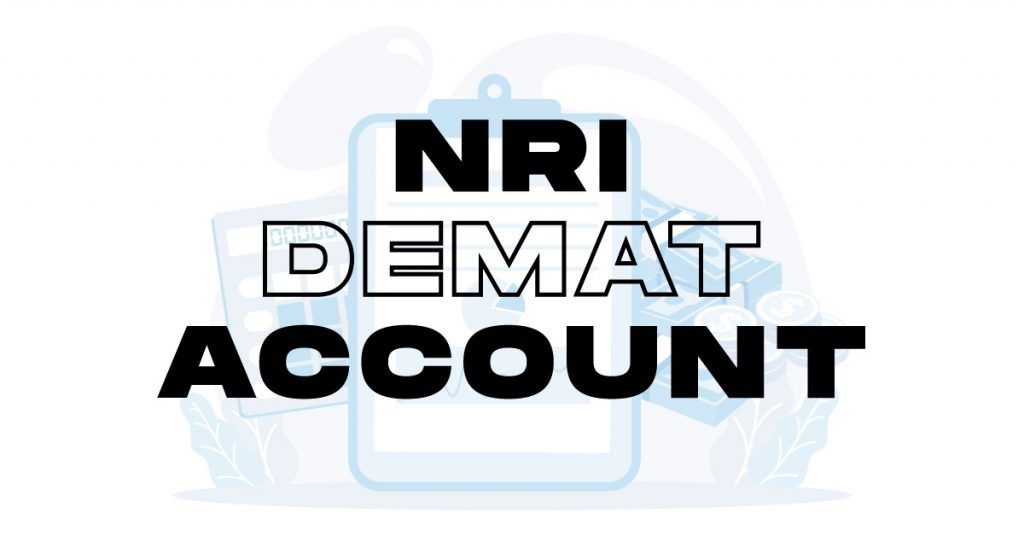Why Oversubscription Isn’t Always a Good Sign?
Written by Dev Sethia
Published on November 25, 2025 | 2 min read

Oversubscription Is Not Always a Good Sign
As India’s IPO markets experience unprecedented activity, oversubscription is becoming more and more of a badge of honor for IPO-bound companies. When shares are oversubscribed, it means there was more demand for shares than shares issued.
Investors will often take oversubscription in the book-building process as a sign of a strong company's fundamental performance and a guarantee that the shares will gain on listing day.
Oversubscription Can Create a False Narrative?
The concept of oversubscription has always conveyed excitement and confidence among investors. In recent times, India’s primary market has seen unprecedented levels of participation due to the ease and low-cost nature of IPO applications driven by digital trading applications.
Whereas the retail investors who are typically new to the investing experience see oversubscription as a clear signal for future returns. Potential downside of oversubscription
Retail Participation
A huge misconception about oversubscription is that it represents strong underlying company performance. The reality is that retail investors pay more attention to market excitement, premium bidding in the grey market, or following trends on social media, rather than intensive financial analysis.
Institutional Oversubscription
Pension funds, insurance companies, family offices and sovereign wealth funds, all institutional investors, including Qualified Institutional Buyers (QIBs) are another factor affecting high levels of oversubscription.
QIBs frequently invest significantly in initial public offerings (IPOs) for several reasons:
-
Short-term allocation opportunities
-
Strategies for market positioning
-
Requirements for sectoral exposure
-
Possibilities for arbitrage
As a result, their participation can inflate oversubscription figures, leading the issuance to appear stronger than it is.
Valuation Concerns
Highly oversubscribed IPOs are often priced at aggressive levels. As demand builds up, companies and investment bankers often push valuations as close as possible to the top of price bands.
Oversubscription May Signal Speculative Interest
GMPs (grey market premiums), social media predictions, and algorithm-driven alert systems tend to engender speculation around IPOs. Many investors apply solely speculatively for the chance of near-term gains and simply add to the oversubscription numbers.
Low Allotment Chances Despite High Participation
Although oversubscription can look impressive in headlines, it poses a disadvantage for retail investors in terms of their allotment chances; they are usually very low.
When an IPO is oversubscribed, particularly in the retail and HNI buckets, the chances of getting at least one lot can be very low.
This means that:
-
Funds will be blocked for a few days
-
Missed opportunities in different investments
-
The illusion of participation without a real shareholding
-
Not Every Oversubscribed IPO Performs Well Post Listing
History in the market shows that numerous historically oversubscribed IPOs have had disappointing post-listing performances. Several times, the stock price dropped below the issue price within months after the listing date
Some reasons are:
-
Overvaluation,
-
Poor quarterly earnings,
-
Sectoral weakness,
-
Profit booking post-listing, and
-
Poor management or governance.
-
Long-Term Investors Must Look Beyond Subscription Data
Oversubscription should be one of many factors considered, never the deciding one.
Long-term investors must evaluate:
-
Consistency of revenue growth
-
Profitability trends
-
Level of debt
-
Valuation concern
-
Competitive positioning
-
Background of promoters including governance
-
Use of proceeds from the IPO
Though oversubscription is often considered evidence of an IPO’s strong market demand, it is not a dependable measure of long-term performance or investment quality. More often than not, oversubscription indicates market appreciation, hype or to some degree, speculation and does not guarantee sustainable returns.
About Author
Dev Sethia
Sub-Editor
a journalism post-graduate from ACJ-Bloomberg with over three years of experience covering financial and business stories. At Upstox, he writes on capital markets and personal finance, with a keen focus on the stock market, companies, and multimedia reporting. When he’s not writing, you’ll find him on the cricket pitch
Read more from DevUpstox is a leading Indian financial services company that offers online trading and investment services in stocks, commodities, currencies, mutual funds, and more. Founded in 2009 and headquartered in Mumbai, Upstox is backed by prominent investors including Ratan Tata, Tiger Global, and Kalaari Capital. It operates under RKSV Securities and is registered with SEBI, NSE, BSE, and other regulatory bodies, ensuring secure and compliant trading experiences.

























